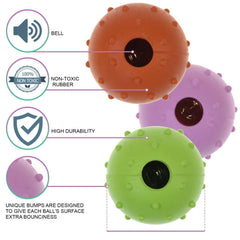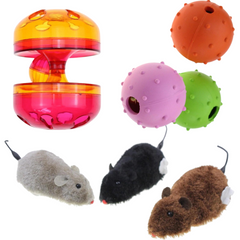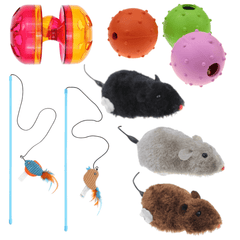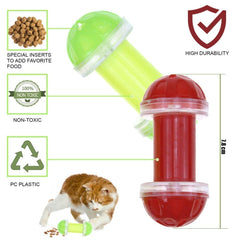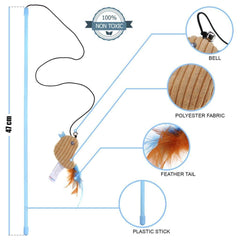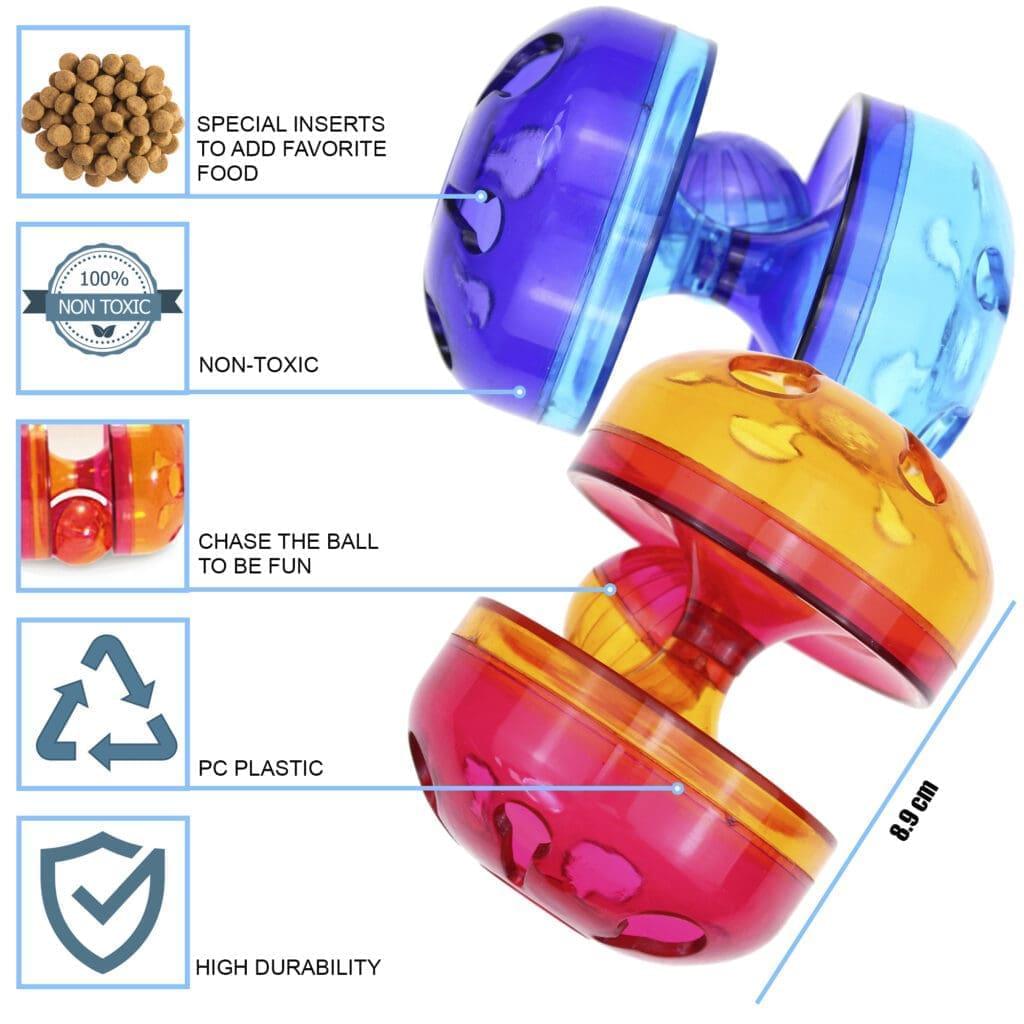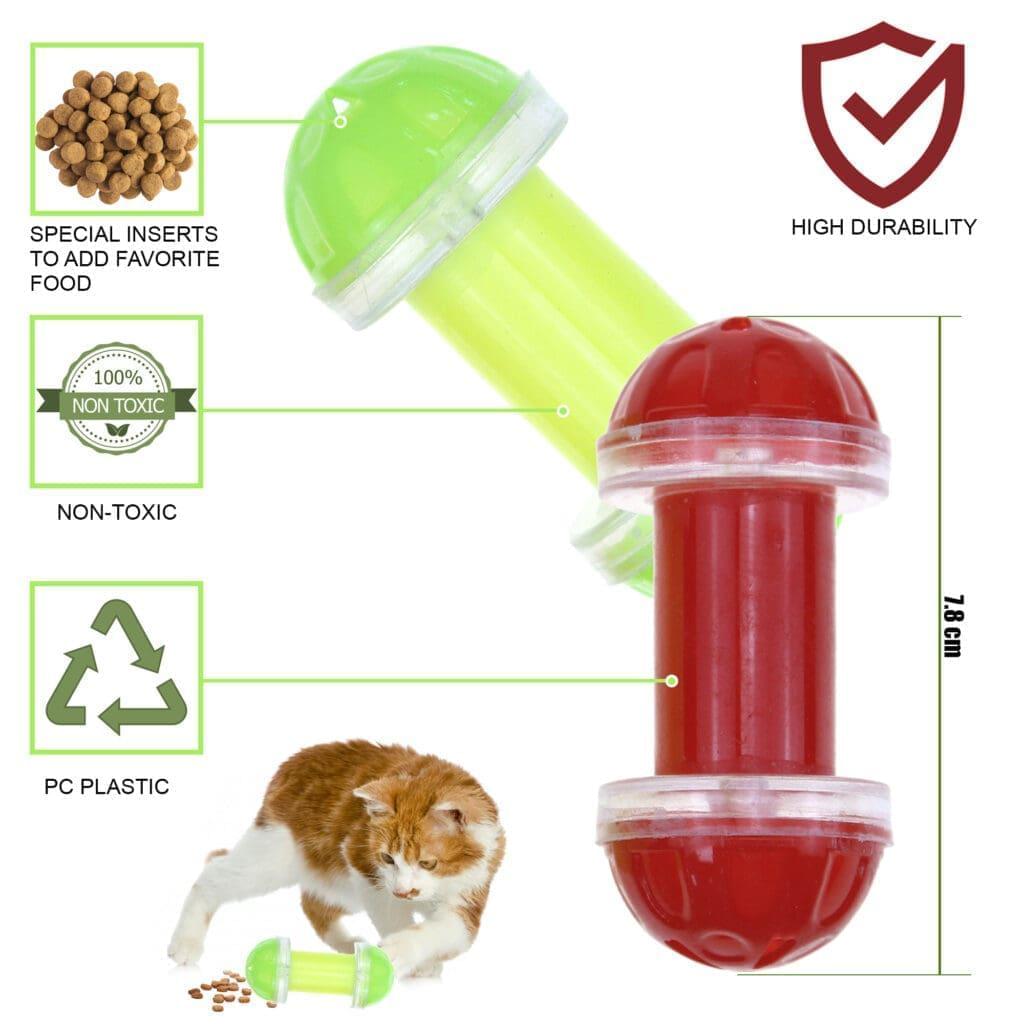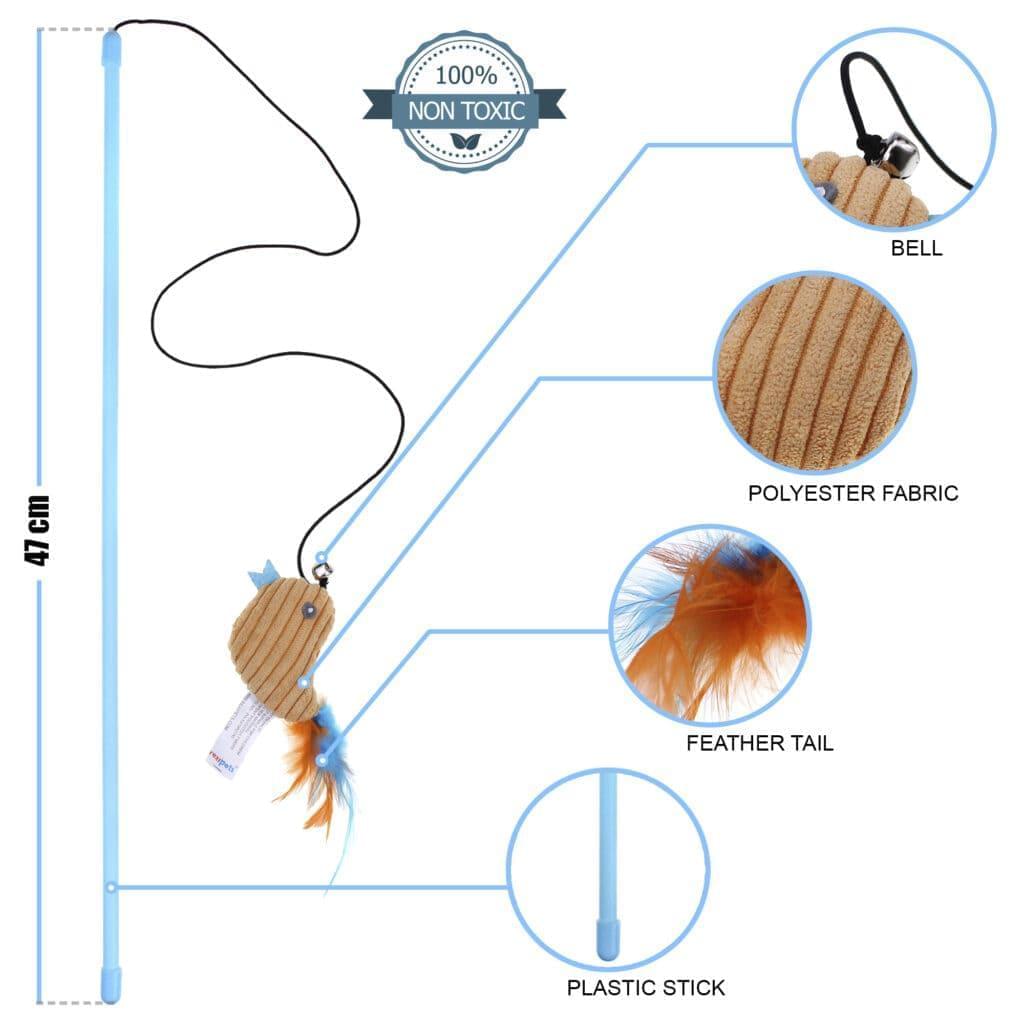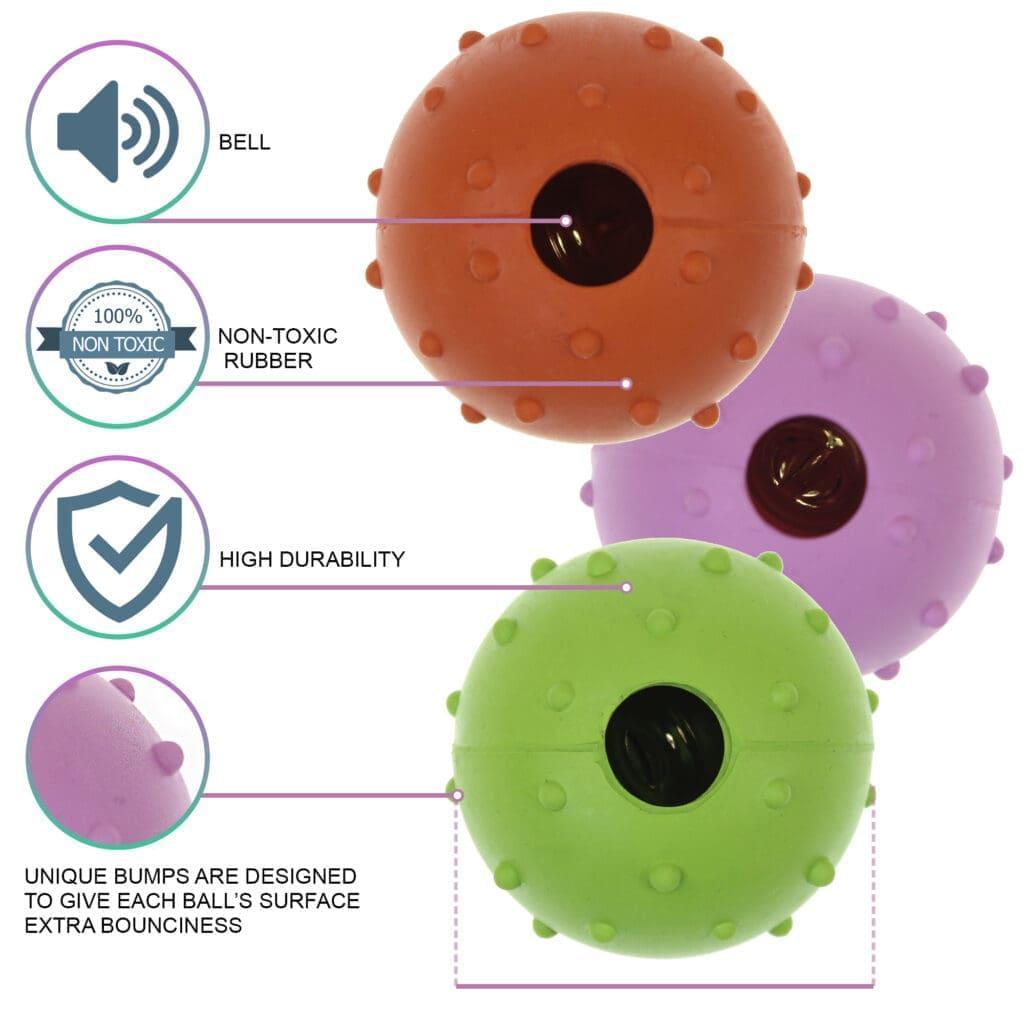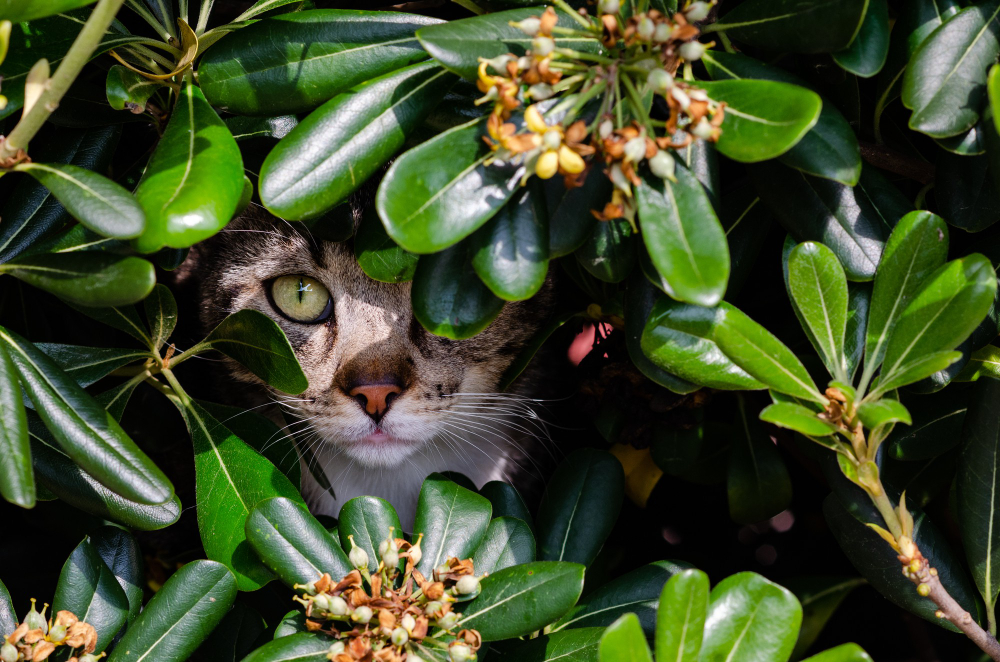
Bugs and pests prey on your precious plants now your cats are joining in on the party as well? What difference would it make to have a pet that gives you comfort but at the same time destroys the one soothing thing you like the most in your house -- your plants?
Such things often make you want to let go of either your plants or your furry pal.
So, instead of letting go of your desire to keep a cat, why don't you look for alternatives that will allow you to keep a cat and encourage you to grow plants on your own?
But the question here is, are there any alternatives?
Well, yes, there are many. If you keep reading, you will discover amazing techniques to save your plants.
Why Is My Cat Eating Plants?
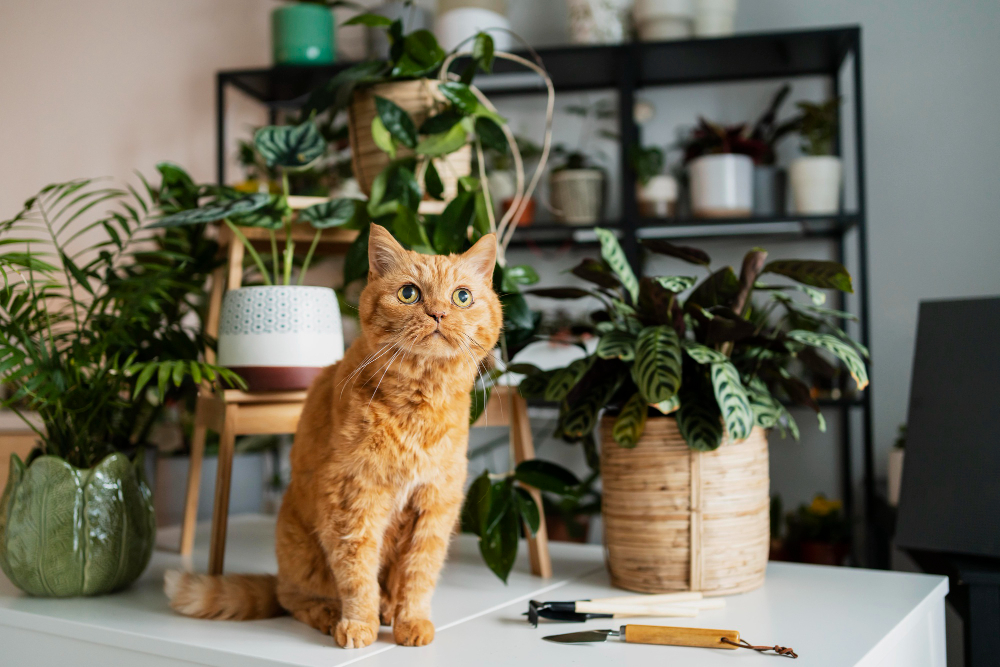
Cats eat plants because of curiosity. Plants' texture and smell attract them. Due to their mental and passive entertainment, cats are drawn to the nipping act.
Moreover, cats often eat plants due to nutritional deficits or to fulfill the need for extra fiber.
But there could be many other reasons behind it as well. We have jotted down the obvious ones.
So, let's go through all of them.
-
Boredom
Cats love to eat plant leaves when they have nothing to do. Your cat may chew on plants to pass the time if they don't receive enough mental and physical activity.
Moreover, different textures and colors attract them when cats have nothing to do. Cats who are restless or bored may turn to eating house plants to pass the time and get some entertainment.
You may also like: 7 Ideas How To Keep Your Cat From Being Bored
-
Dietary Instincts
According to some experts, cats may consume plants to aid digestion or to supplement any nutrients they may lack in their typical diet.
Conversely, domestic cats are obligate carnivores, meaning their diets must predominantly consist of meat. Despite being dedicated carnivores, cats may eat plants because of their dietary instincts, searching for extra nutrients or helping with digestion.
-
Snooping
Plants are eaten by cats because of their natural curiosity. They get curious about the new tastes, smells, and textures, which prompts exploration and sporadic nibbling. Maintaining their interest and contentment requires satisfying their innate curiosity.
-
Strain
Cats eat plants occasionally as a coping method for stress or anxiety. This behavior may be brought on by adjustments to the environment, routine, or household. Moreover, cats may consume plants as a coping mechanism when under stress or pressure to find solace or distraction.
-
For Grabbing Attention
Cats hate being zoned out. To grab your attention, your cat may continue to chew on plants if they have discovered that it alerts you.
Additionally, cats who are not aggressive in their surroundings may consume plants to self-soothe or find stimulation. They may eat your plants out of curiosity or boredom, lacking confidence, or acting passively.
-
Pica
Pica is a disease in which cats usually eat non-food stuff, including plants. However, numerous factors urge cats to chew plants. Research shows that nutritional deficiency is one of the major factors.
Doctors suggest that pica can be treated by making changes in their diet and environment. Moreover, if you notice pica symptoms, you must consult a doctor immediately.
You can handle your cat's behavior effectively by taking the necessary action after understanding the cause of it. If you are worried about your cat eating plants, you should consult a veterinarian.
How to Keep Your Cat Away from Your Plants?
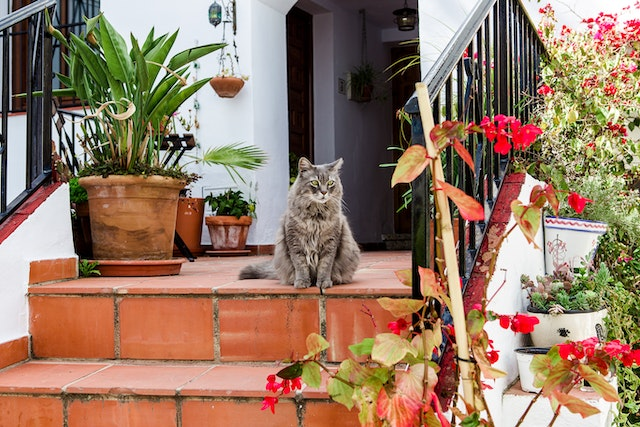
Try using these sensible tactics to keep your curious cat buddy away from your plants. Here are some tactics that you can employ:
-
Use Catnip or Cat Grass
First, offer cat-friendly substitutes like catnip or cat grass to divert their attention from your other plants. You can also offer cat toys for distraction.
This will help keep their focus away from ruining your precious house plants.
-
Use Physical Barriers
Cats hate to be stopped from what they are doing! So, better come up with an alternative. Making obstacles or barriers helps restrict access to specific locations or items. These barriers serve as safety and privacy barriers or deterrents to keep animals out of restricted areas.
Whether literal or metaphorical, barriers have several uses to maintain control and order. You can use railings, wooden stems, or many decorative items just to detach your home and garden from your main living area where you keep your cat.
-
Use a Bitter Spray Bottle
Bitter spray is a reliable and secure technique to deter your cat from destroying your prized plants. This precisely developed spray has a bitter taste that cats find repulsive and is made of natural, non-toxic chemicals.
When applied to the leaves or surrounding areas, it is a deterrent, preventing your cat from nibbling on your plants. Your cats are reminded by the bitter taste that the plants are off-limits, and they are likely to look for other cat-friendly distractions.
Bitter sprays are simple to use, offer a straightforward, non-harmful approach to safeguard your plants, and promote a joyful, plant-safe environment for your cat.
Citrus sprays are also great when it comes to shooing off cats. Cats dislike anything that is citrus. So, using either lemon, orange, or lime diluted with water and spraying on the leaves of plants will help keep your furry friends away from destroying your precious plants.
You can also use vinegar and water solution to stop cats from eating plants. The best thing about vinegar water is that it's easily available, and you can make this solution at home.
-
Aromatics
Aromatics are a safe, all-natural way to keep cats away from your plants. You can deter cats from nibbling on your plants' foliage by deliberately scattering odors they don't like around them.
Common options include crushed herbs like rosemary or lavender, coffee grounds, citrus peels, and essential oil. Due to cats' great sense of smell, these aromatics efficiently deter them from your valuable plants by evoking an aversion.
Additionally, aromatics make your house smell good, keep your cat secure and comfortable around plants, and stop your cat from eating plants.
-
Hang your Plants in Pots
A terrific technique to display plants and make the most of available space in your house or garden is to hang your potted plants. Hanging plants at various eye levels adds a touch of elegance and visual appeal.
Additionally, this technique keeps plants out of the way of curious pets or young children, making it a safer choice for some species or when you have pets who like to gnaw on things. Finding hanging planters that match your indoor or outdoor decor is simple because they are available in various styles, materials, and sizes.
You can also create plants that trail or cascade, which results in a stunning, lush, and dynamic show. One additional tip is that you can avoid hanging cat-friendly plants. This will stop cats from eating plants.
-
Decorate with Plants on Floating Shelves
Decorating with plants on high shelves can be an excellent way to bring greenery into your living space while utilizing vertical space effectively. High shelves offer a unique vantage point for your plants, creating a stunning visual impact and adding depth to the room's decor. Opt for plants with trailing or cascading growth patterns to gracefully drape down from the shelves, creating a lush and dynamic display.
Additionally, consider mixing and matching plant varieties with varying heights, textures, and colors to create an eye-catching and harmonious arrangement. You can also purchase hanging pots to keep the plants that cats dislike the most. In this way, you can save your plants in a plant pot hanging from the ceiling without being touched or eaten by cats.
-
Create a Designated Area for your Cats to Enjoy Plants
We know that plant-damaging behavior is quite common in cats. But you cannot avoid it sometimes.
So, to counteract this issue, you have to face it first! Create a special area where your cats can engage with plants without danger. They can explore, eat cat-friendly plants, and satisfy their natural curiosity here while yet protecting your other plants.
Choosing the Right Plants!
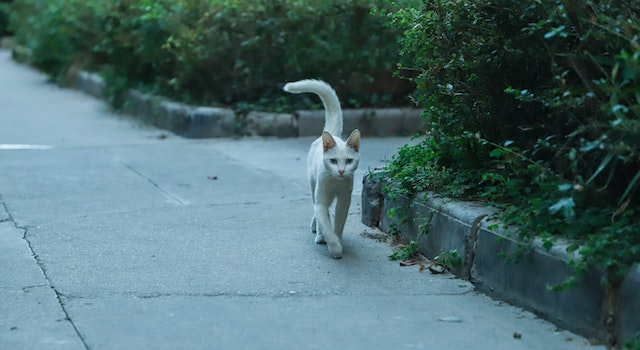
Whether you want to keep the plants indoors or outdoors, your cat will always find a way to destroy plants. So, this guide will be fruitful for you while purchasing plants and deterring your cat.
There are many characteristics of plants that should be considered if you have a cat at your home. Just make sure you don't bring toxic plants.
So, let's find out what kind of plants are there to keep your cat off limits but that are also not poisonous to cats.
Indoor Plants
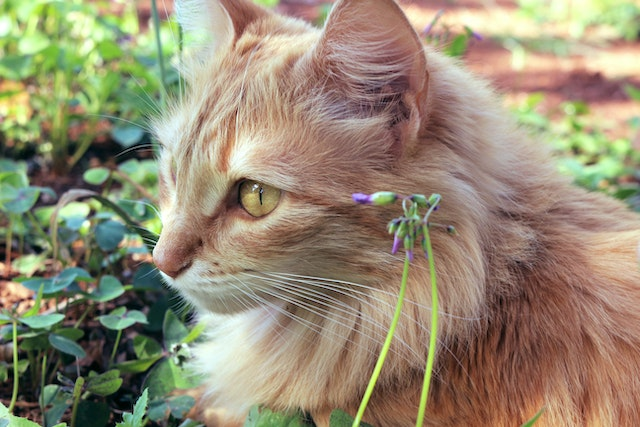
Here are some indoor plant options that you can use.
-
Rosemary
Its botanic name is Salvia Rosmarinus. This plant fills up your room with a sweet and tender fragrance and, at the same time, wards off your cat. Luckily, this herb could also be a main kitchen ingredient and a secret element of your special recipes.
This one is the best choice for people living in the Mediterranean region. It's lush green and has aromatic leaves. You can keep it indoors and outdoors, and it won't wither away if it gets enough sunlight.
-
Lemon thyme
The botanic name is Thymus citriodorus. Its best quality is that it has antioxidants and anti-microbial characteristics, which makes it an absolute choice for preserving and enhancing the taste of meat, seafood, and poultry.
This lemon-scented herb belongs to the mint, lavender, and rosemary family. You can always grow it on your windowsill that receives maximum sunlight throughout the day. For that, you can use empty cans. You just have to make sure the soil is always well-drained and doesn't get soggy.
There you go!
With your freshly grown lemon thyme plant ready to embellish your indoors and to keep your cat away.
-
Oregano
This one could be one of your favorite plants. The botanical name is Origanum vulgare. It also belongs to the Mint family. Its broad green leaves and strong smell deter your cat and keep the environment fresh. It grows in early summer and functions quite well in minimum sunlight as well. If you are from a dry Mediterranean region, this plant is the perfect choice.
This one is famous for its exceptional taste and medicinal uses, like healing wounds, curing parasite infections, and helping with constipation as well. The cherry on the top is that you can use it in your salads and pasta for amazing taste and smell.
-
Scaredy Cat plant
This plant's botanical name is Plectranthus caninus. Its striking inflorescence property makes it a perfect choice for aesthetic display and for keeping pets out of sight. This scented plant has beautiful purple flowers. It was first recognized for its ability to keep cats and dogs out of the garden.
Although some people doubt this would work, it has been shown effective in more than 70% of tested cats. The main reason is its smelly leaves.
-
Geranium
The botanic name is Geranium spp. Geranium proves to be the most suitable choice when it comes to decorating your indoors. It has a pleasing appearance and a welcoming scent that charms the humans but lures the cats away.
It belongs to the family of Pelargonium spp and has woody stems and lush green leaves. Any windowsill or a sunny balcony looks chic with its beautiful blooming plant leaves. You can add some decorative rocks to enhance the aesthetics.
Outdoor Plants
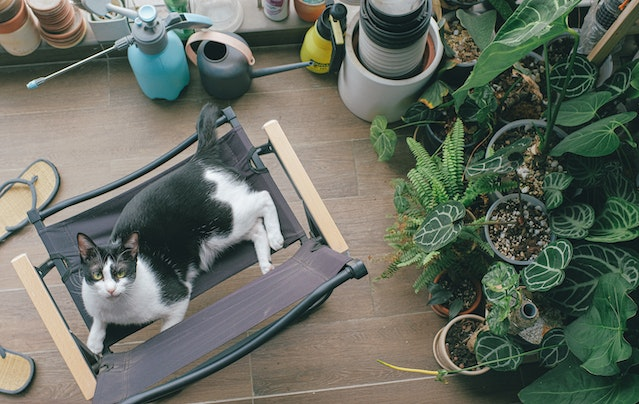
If you want to make your backyard or garden as green as possible, choosing the right type of plants should be your utmost priority if you have a cat at your home.
So, let's have a look at some outdoor plants that are suitable to deter cats.
-
Lavender
Its botanic name is Lavandula spp. It grows in the Mediterranean basin and is one of the prettiest leave plants. It has brushy, scented leaves with lilac flowers. You must have heard about lavender's quality of having a sweet smell and keeping the atmosphere serene and relaxed.
Fortunately, it also helps reduce stress and anxiety as it enhances rhea quality and keeps the environment fresh and soothing. Experts also say it's the most suitable choice for insect-susceptible crops since it repels bugs and pests.
So, if it keeps the bugs away, it will surely keep your cat off-limits.
-
Common Rue
Its botanical name is Ruta graveolens. Rue is not only used for landscaping but also proves to be equally important for medical and culinary purposes as it is for gardening. It is a flowering herb and ornamental plant with many xanthous flowers on top.
In warmer regions, the plant develops bluish-green leaves that can also withstand heat and dryness. It's also the best choice to deter cats.
-
Curry Herb Plant
The botanical name of this plant is Helichrysum italicum. This herb, known as curry plant, is a tiny, bushy evergreen plant that blooms in the summer. It has curry-scented, short, pointy, silky leaves that keep cats away. It does well in low to moderate soils with good drainage and exposure to sunlight.
Also, when its fresh leaves are added to salads, they provide a wealth of vitamins and aid in treating diabetes, diarrhea, and diabetes-related dysentery. So, it not only deters your cat away but also proves well for medicinal use. And, if you want to add the touch of more prized plants to your garden, this one should be on your checklist.
-
Rose
If you are looking for thorny plants to shoo off your cats, roses should be your utmost priority while purchasing plants. Its Botanic nameis Rosa spp. Roses are excellent ornamental plants for keeping cats out of the yard because of their multilayered petaled blossoms in vibrant colors.
In addition to the lovely flowers, the stem of this plant is covered in thorns that deter cats.
Final Words!
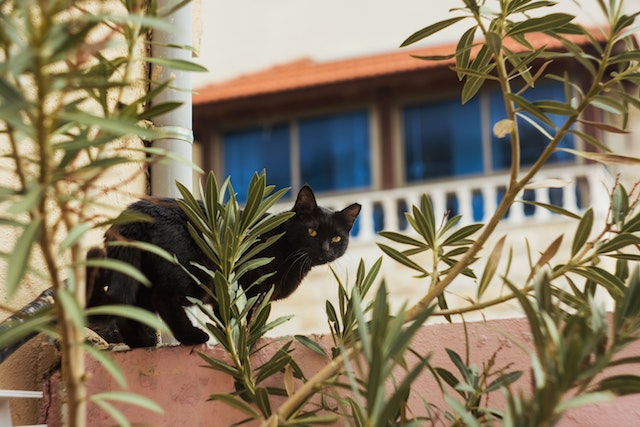
We know that keeping a pet, especially a cat, can influence your lifestyle to a great extent. They not only mingle in your private space but also try to ruin the most charming and blissful things that surround you, plants!
So, if you want to keep a cat companion but also wish to decorate your indoors and outdoors with beautiful plants, make sure to practice the techniques mentioned above to keep your cat away from plants.
We hope this article answered all your queries related to how to stop cat from eating plants.
